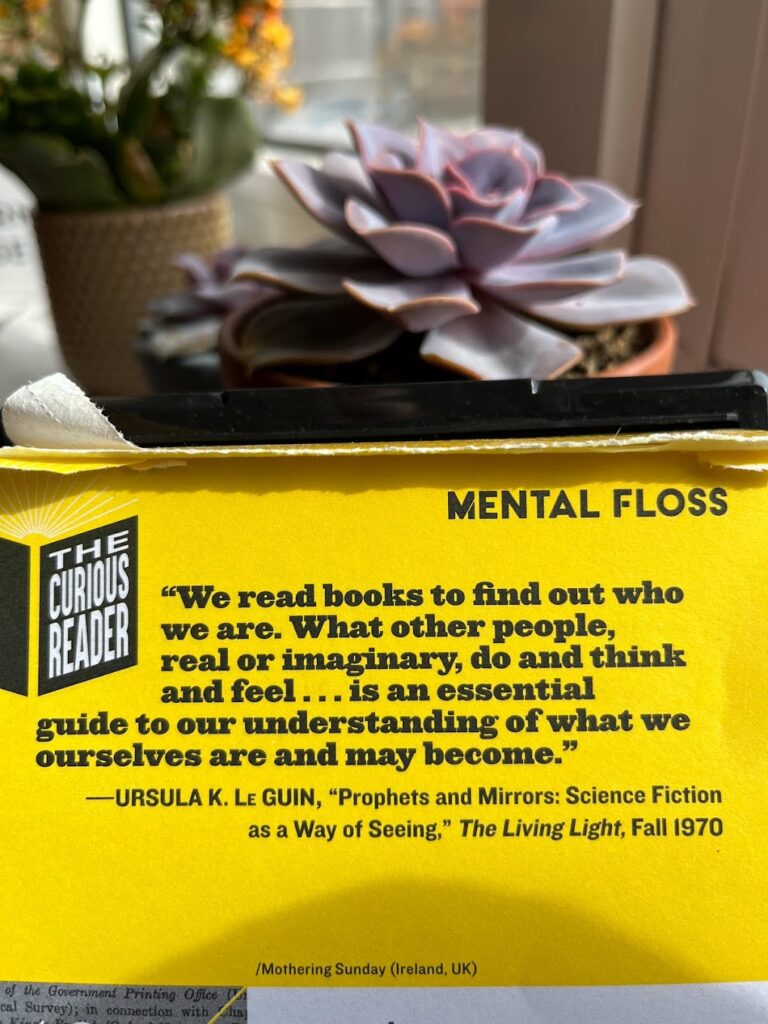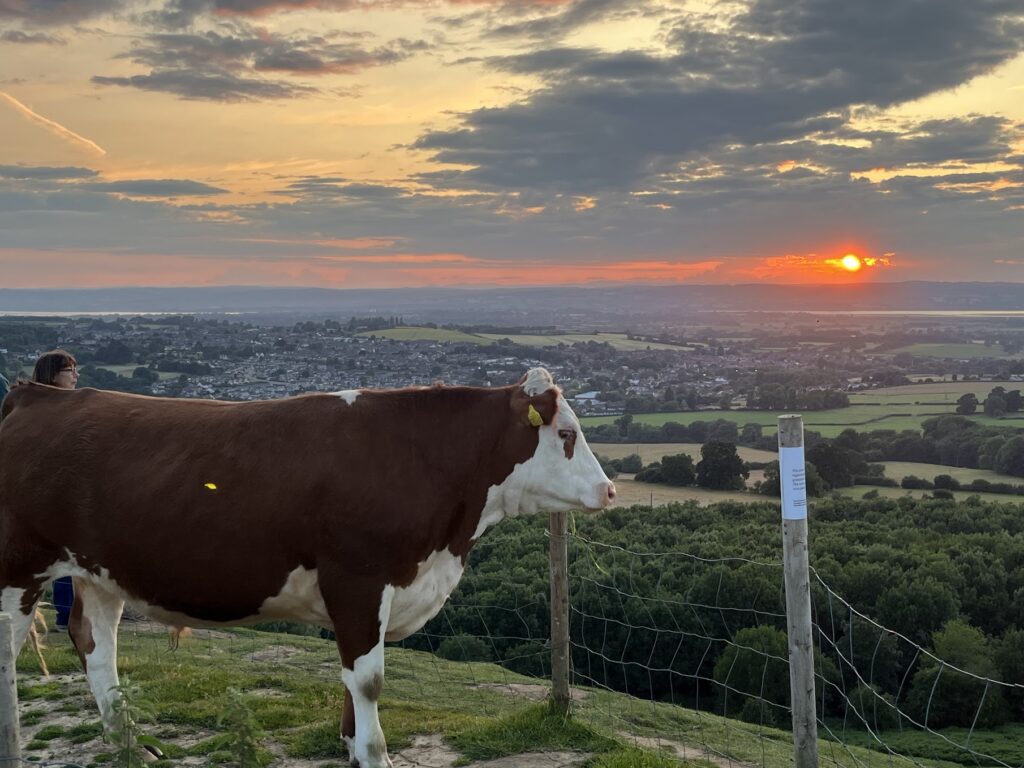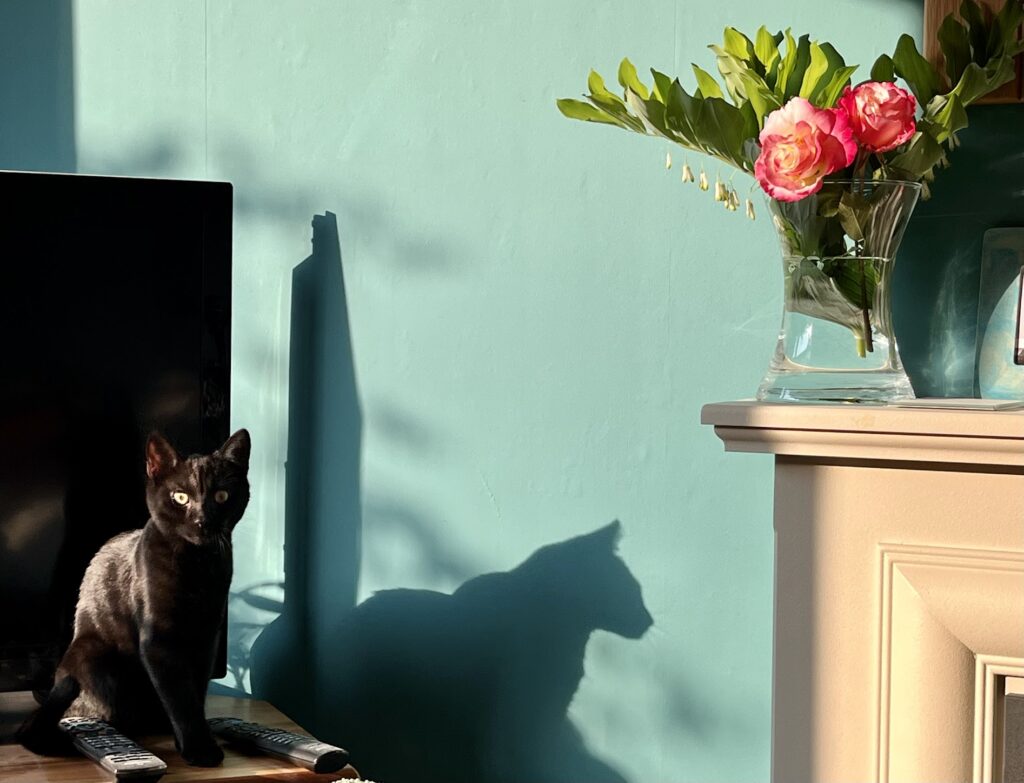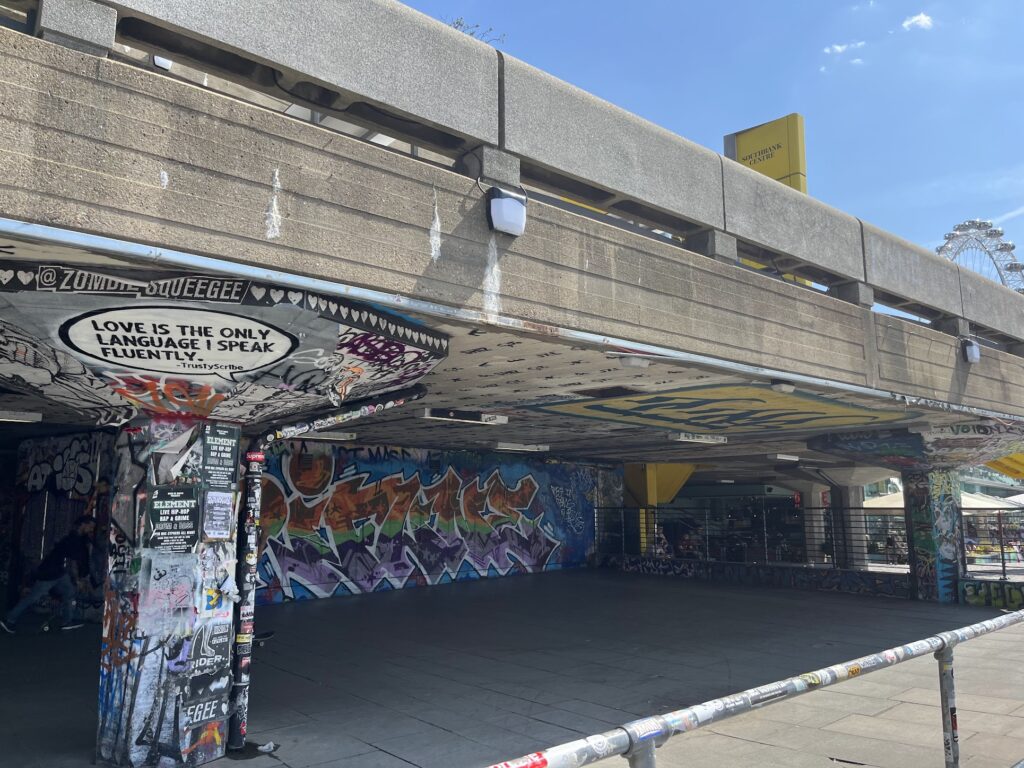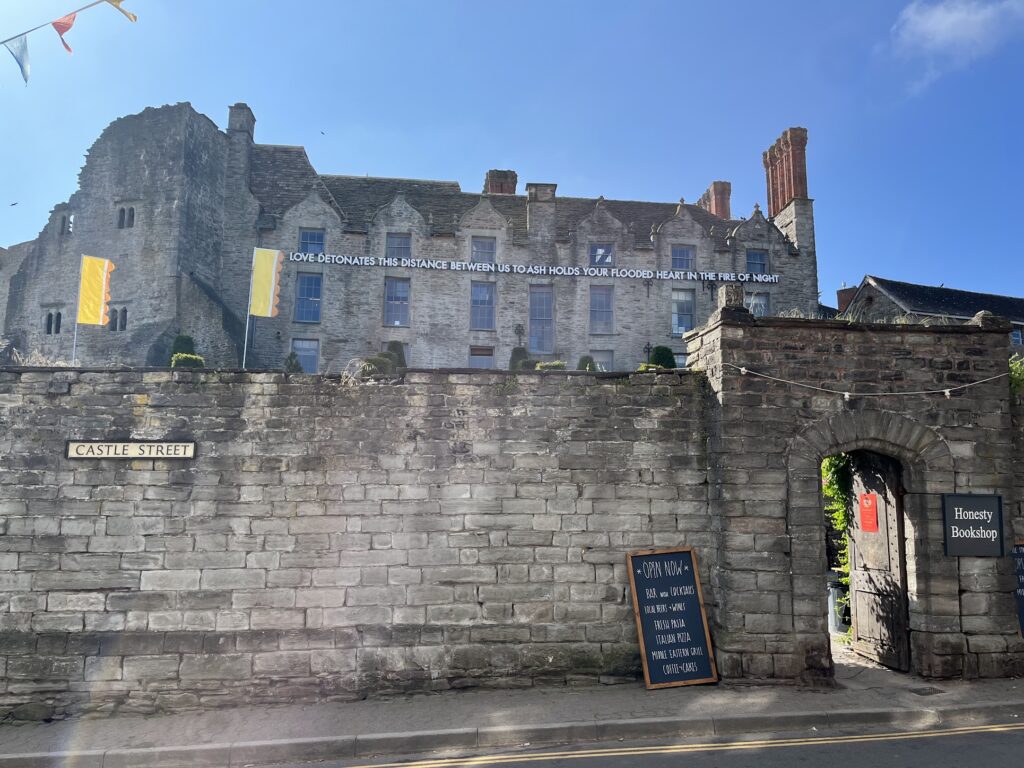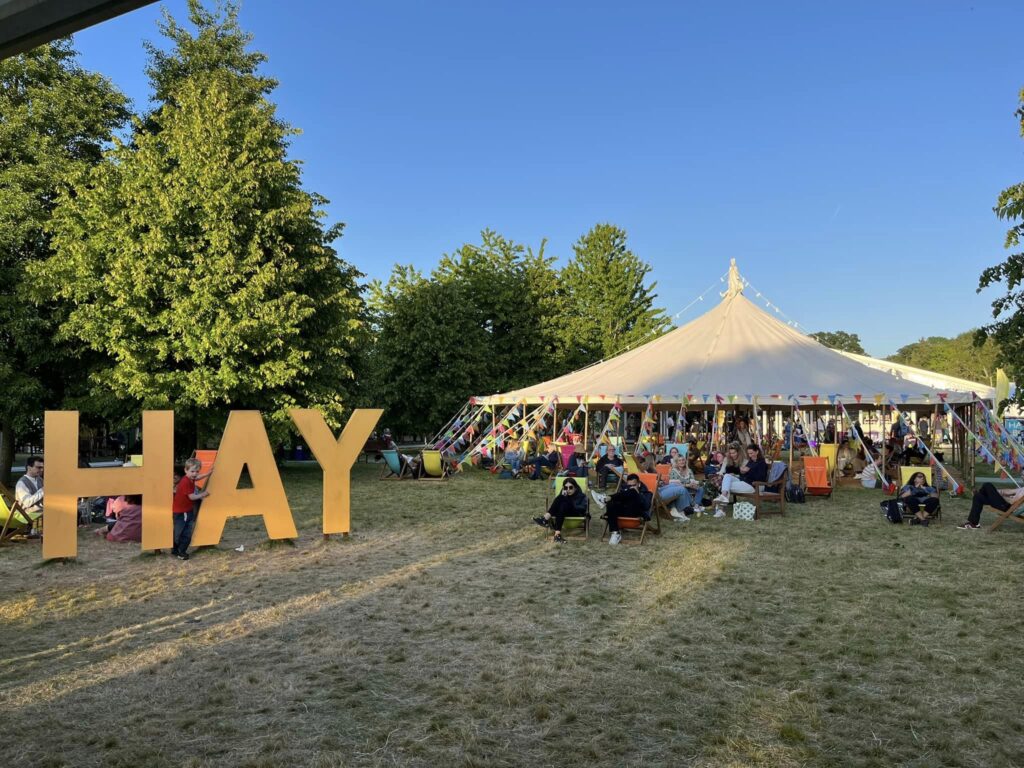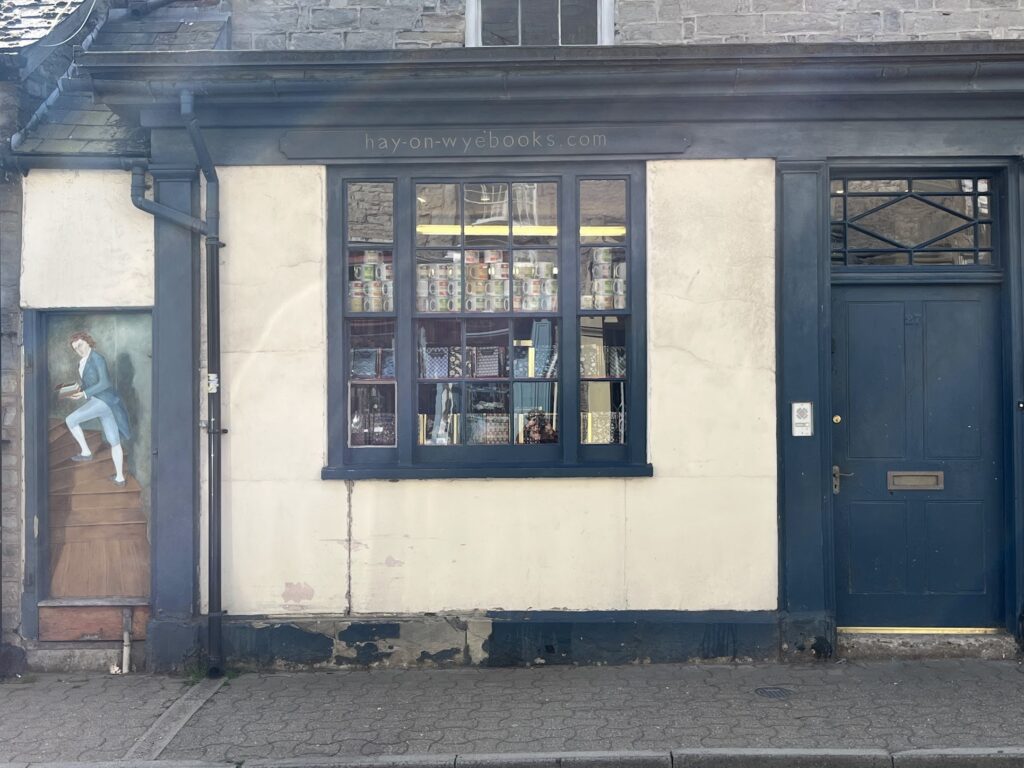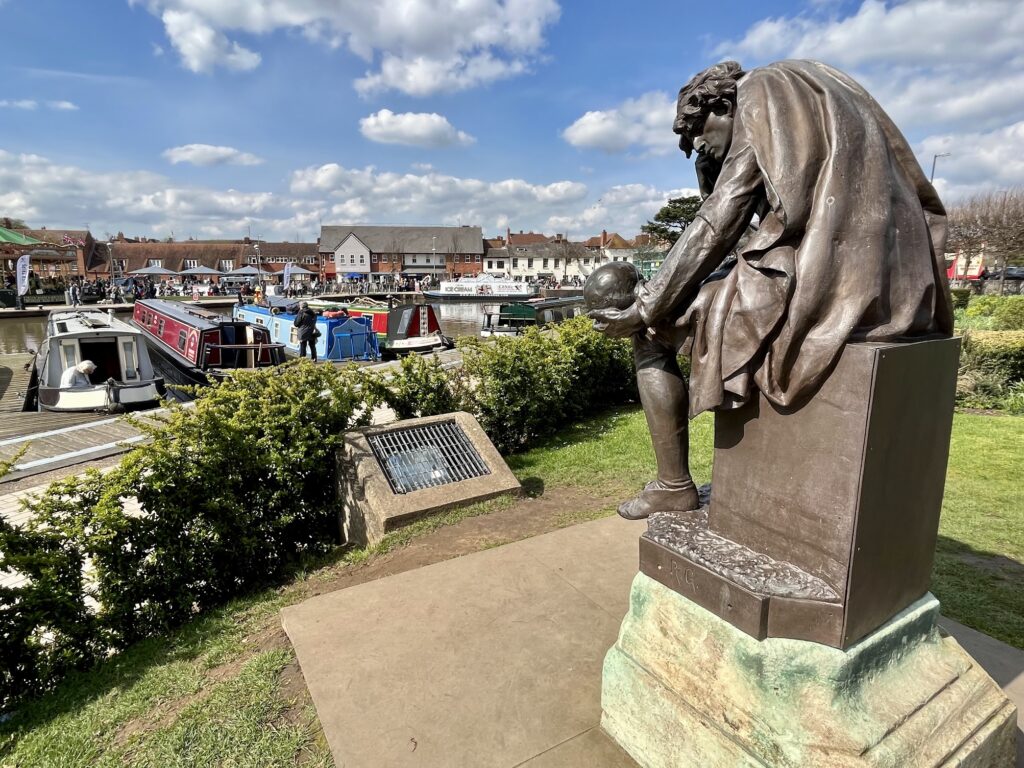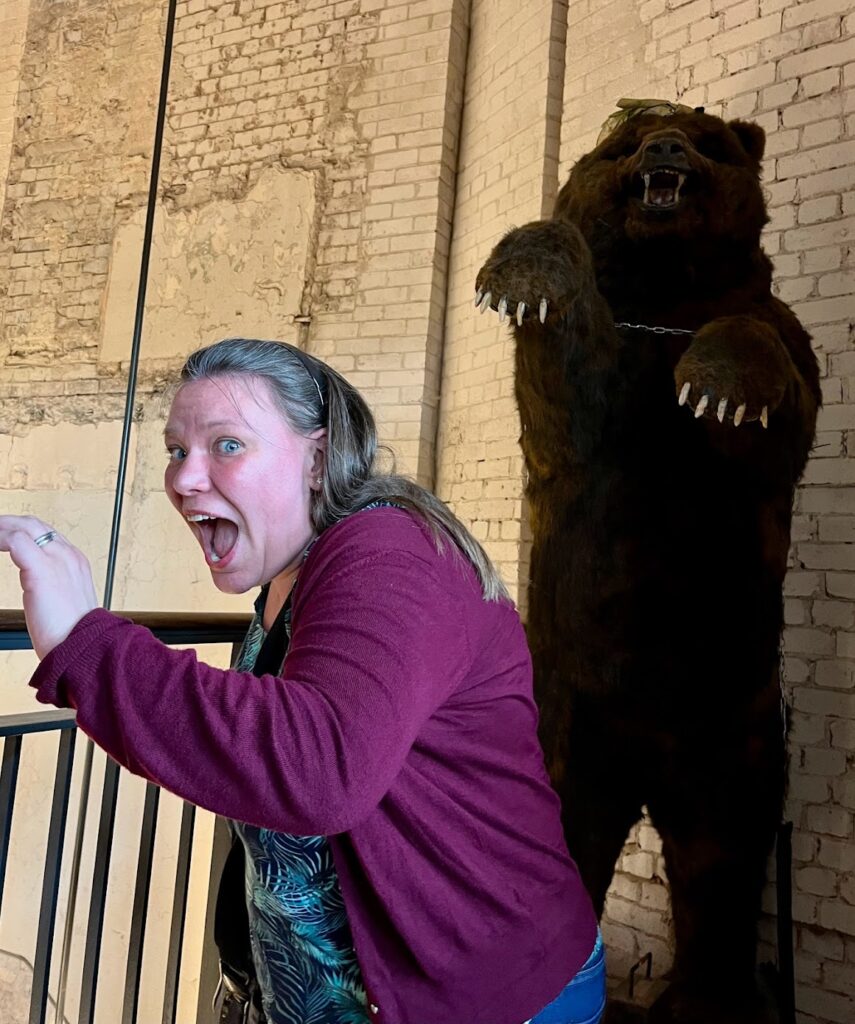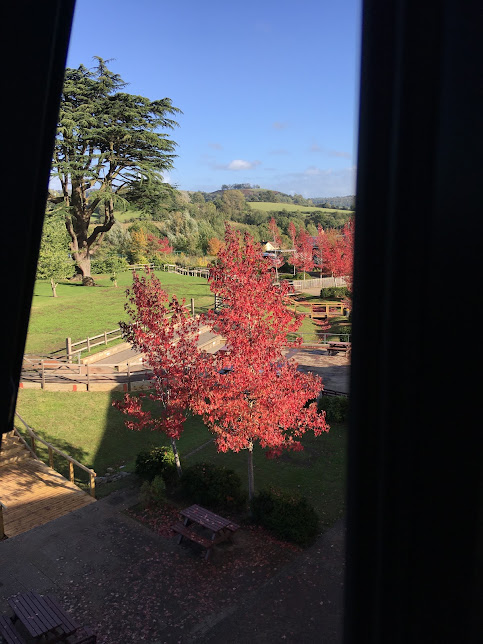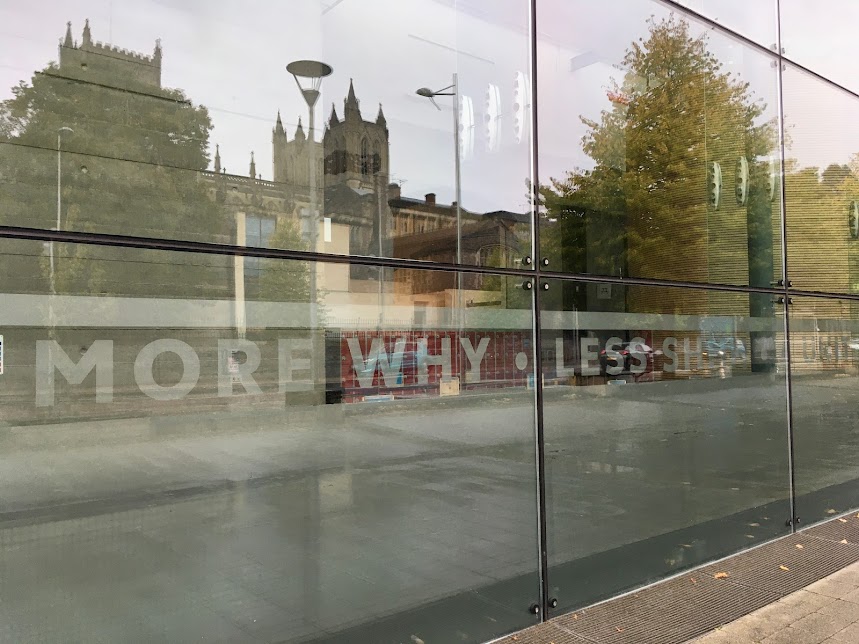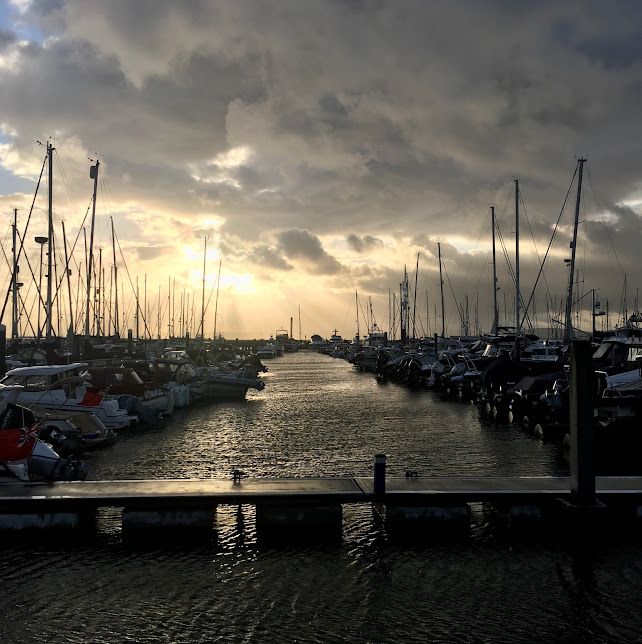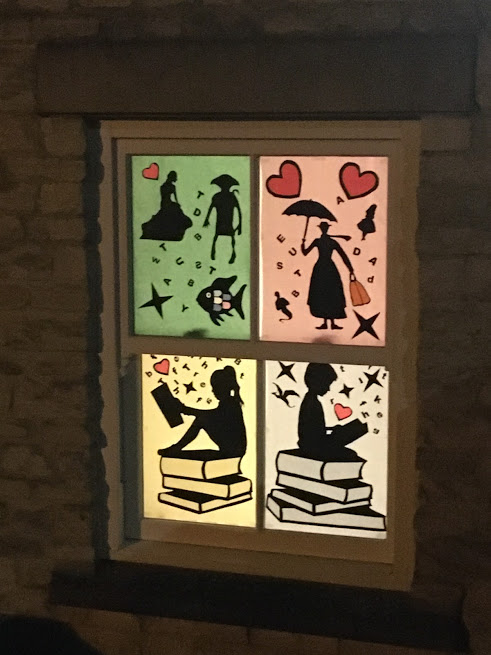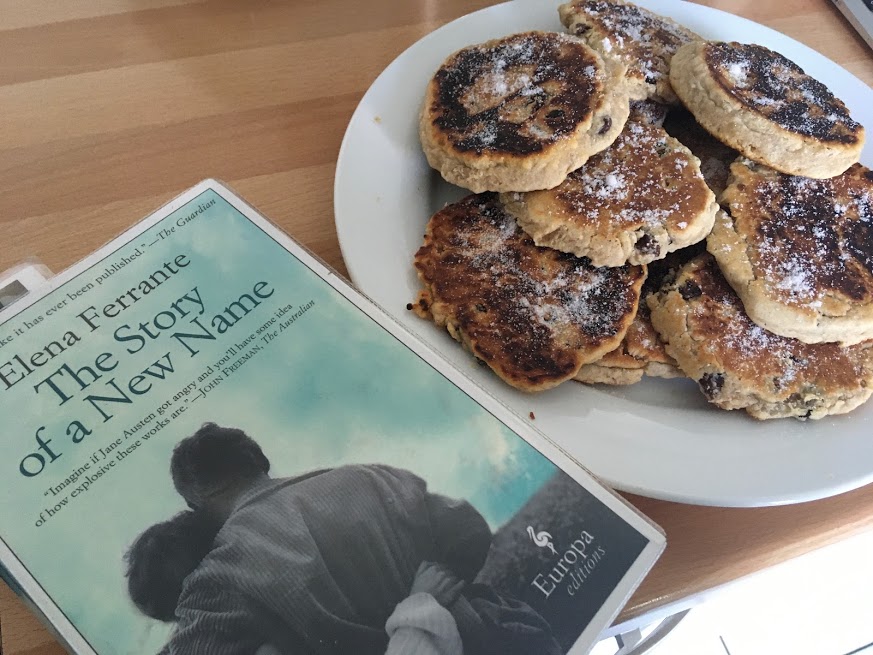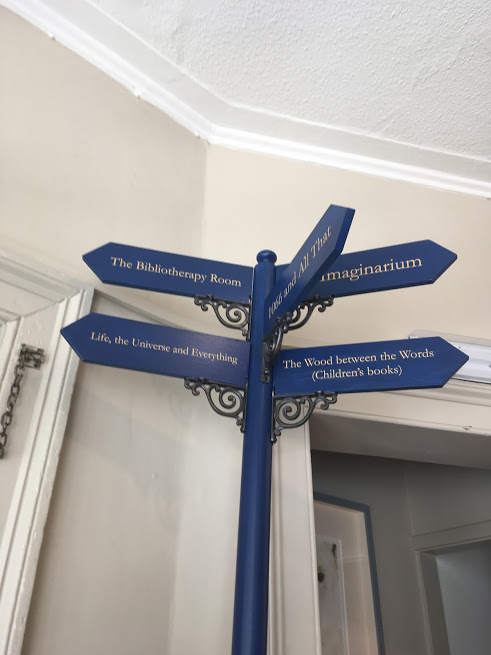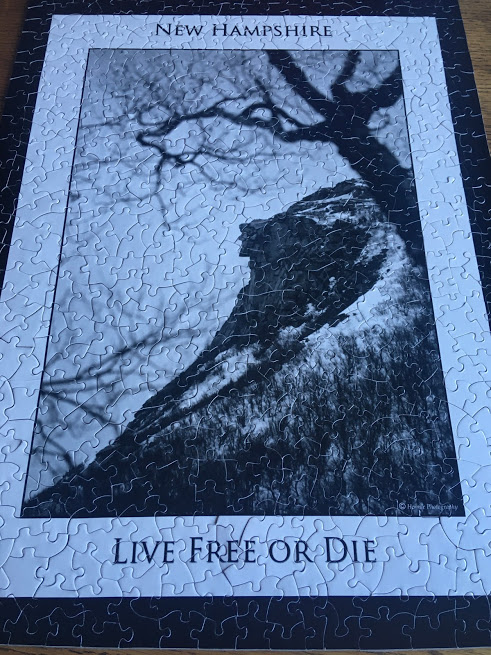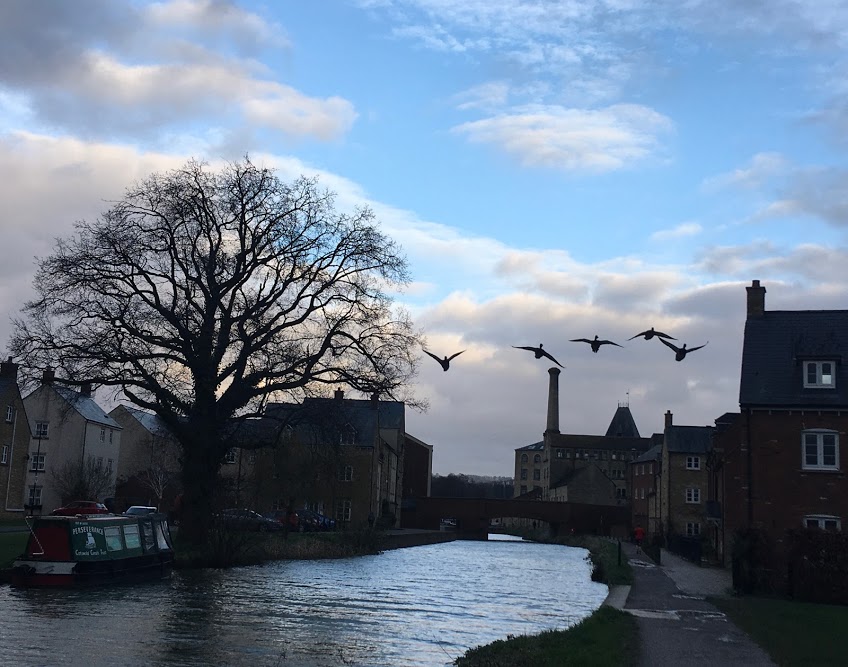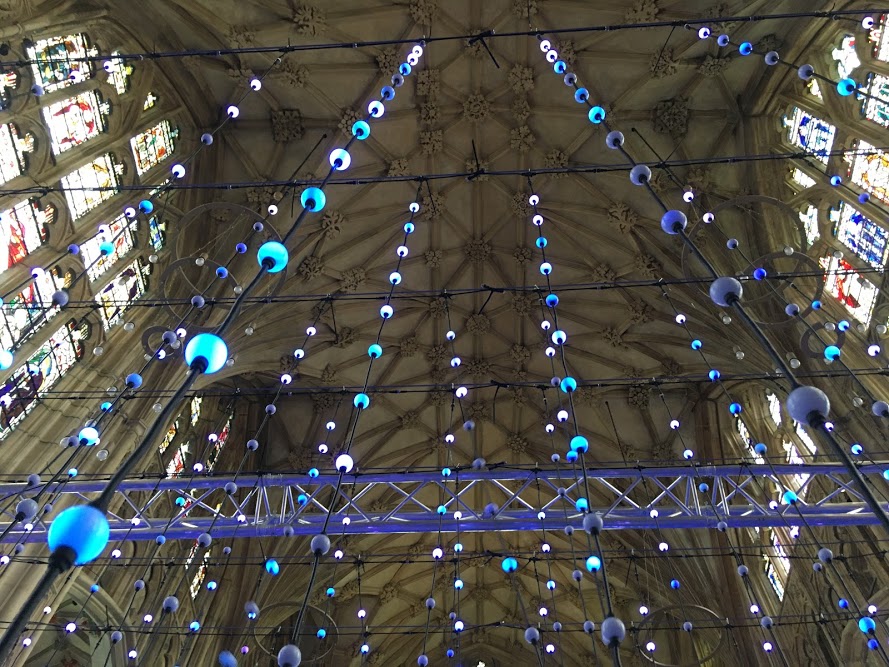This Week’s Bit of String: Snakes and the sublime
“I held a snake!”
A Year 11 student greeted me with this after Christmas, while his classmates discussed gifts and excursions. This student’s family didn’t have money for those. But he found out how snakeskin feels: smooth, cool, strong.
I was supporting the student in his English class, and as an introduction to Wordsworth’s “Prelude,” the teacher sought examples of the sublime.
“What’s the most awe-inspiring place you’ve visited?” she asked the class.
With his classmates describing Alpine ski trips, island volcano walks, or seaside visits, my student felt sidelined. He told me again, “I held a snake!”
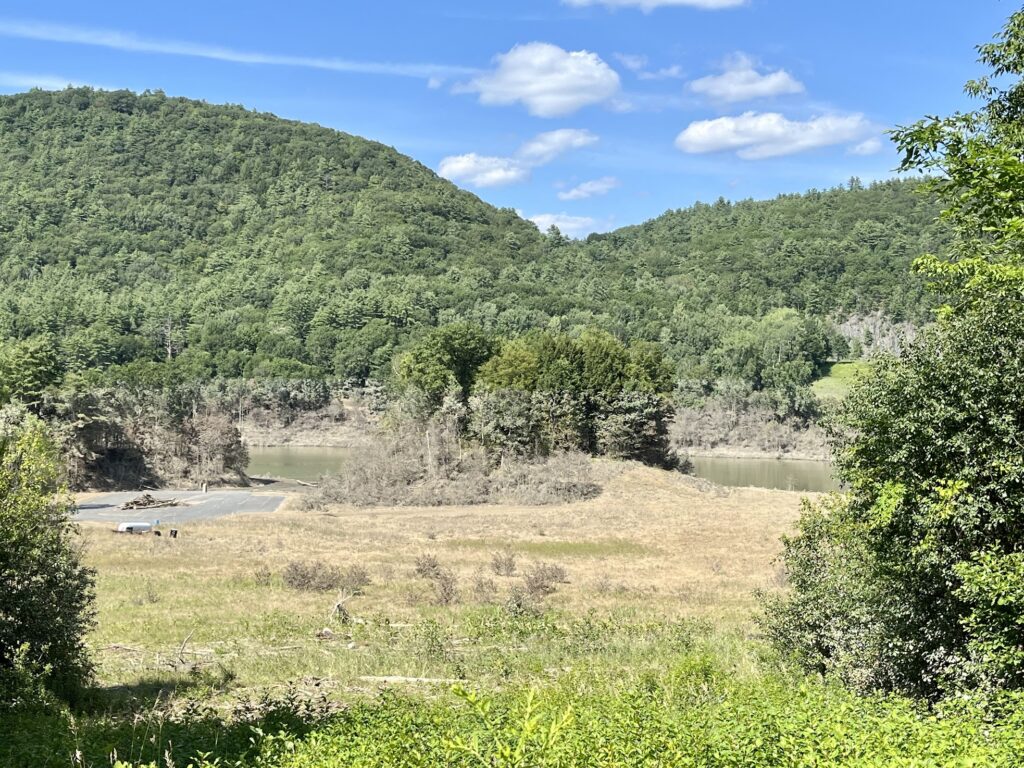
After every contribution of wondrous landscapes from the other students, the teacher asked, “Did it scare you?” She established the connection between excitement and fear, the sublime power of nature.
I asked my student if he felt a bit scared holding the snake, and I said his mixed feelings reminded me of the class discussion. The boy’s face lit up and we decided he ought to share his story with the teacher. A snake is part of nature, right?
He held his hand up for several minutes while other students were called on. Reluctantly, the teacher let him speak just as she was closing the topic.
“I held a snake!” he said.
The whole class laughed. “That’s not what we’re talking about right now,” snapped the teacher.
My student was devastated. He kept asking me, “Why did you say I should tell her?”
Finally I murmured, “Because I would have responded differently.” I don’t like disagreeing with a colleague around a student, but taking the kiddo’s side in this somewhat subtle way calmed him down.
Essential Bonds
And I was angry, actually. This student can be quite challenging but his Educational Health Care Plan outlines the traumas he’s been through, the difficulties he has with learning, and strategies to help him access the curriculum. Even if a hardworking teacher doesn’t have time to check the documents again and again, surely making children feel included is just common sense.
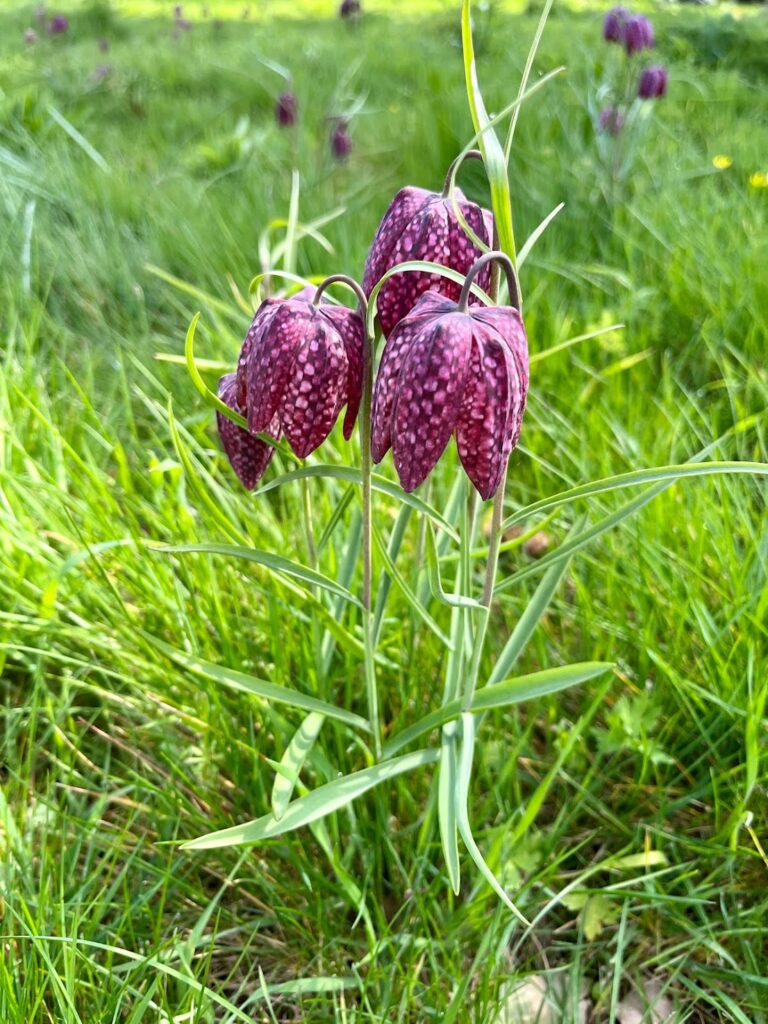
It takes barely a second to say, “Interesting. Thanks for sharing.”
After all, the English curriculum assesses students on their ability to make connections. Follow literary clues from an extract to deduce the writer’s motivations. Compare how poems show similar themes in different ways. How hard is it to connect the snake, a potentially deadly predator, with formidable but impressive landscapes?
Some connections will be firmer than others. We all make far-fetched ones sometimes, in our natural human tendency to see grand designs behind the events of our lives, hoping to place ourselves in the centre. But the ability to draw these links sets us apart as a species.
When It All Comes Together
One thing I love about writing is teasing out the connections. My first published story took place in Haiti after the 2010 earthquake. In my research I learned the Creole word for earthquake shared its root with the mudpies eaten by the most impoverished people: Tè, like terre, for earth.
This term linked vast struggles of poverty and disaster with resourcefulness and survival too, and chained them up into a more manageable bundle. But it wouldn’t have worked if I hadn’t looked into the native language, and if I hadn’t already felt a connection to the country, following stories about mudpies and Cite Soleil and the Creole language long before.
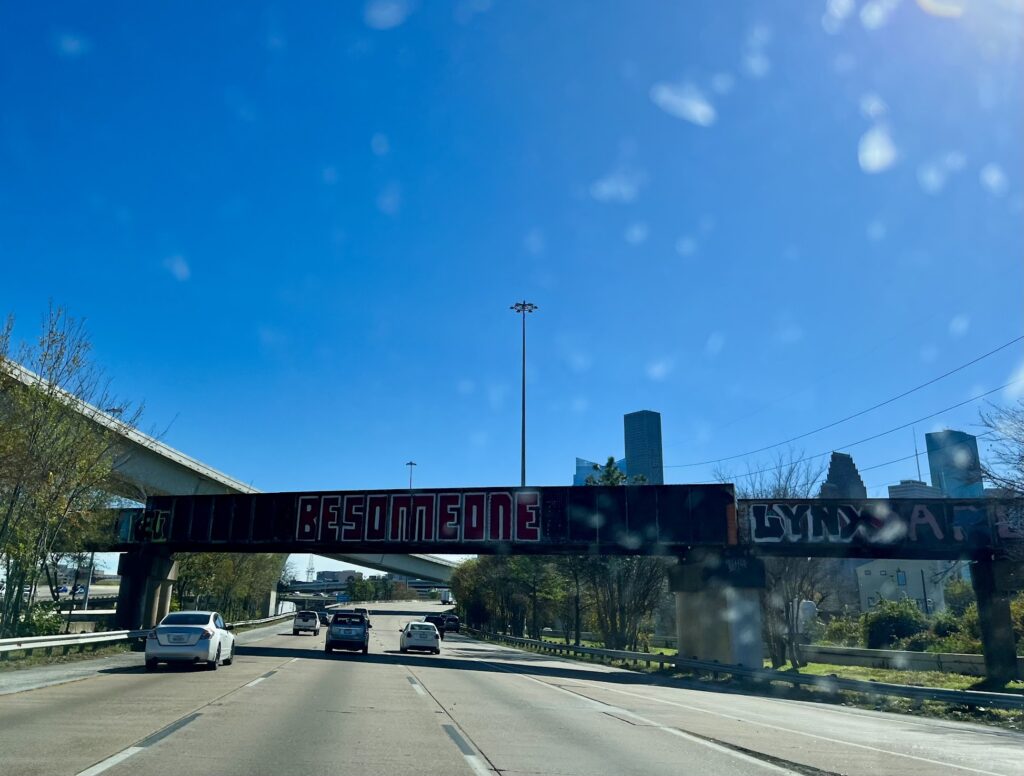
Sometimes my threads linking a character’s motivation to their actions aren’t strong enough. Or maybe they’re too coarse and unsophisticatedly blatant. Honing those connections is vital, and enhanced by cultivating connections in our everyday lives–by taking those moments to invite other people to share. Even if they just tell us they got to hold a snake that one time.
My latest story is on the wonderful Funny Pearls website. It takes the perspective of a girl with autism as she considers what connections to make, and how to do so. From building a bridge with Knex to practising facial expressions in the mirror and developing a felicity with the subtle burn, read how Sylvie makes links in “The Late, Great Jimmy Stewart’s Video Guide to Emotions.”
As with any force of nature (or predatory reptile), connecting with others and recognising our many links to the world can be quite frightening. It may mess with our pre-established plans to consider someone else’s challenges and let them in, but the consequences can be pretty awe-inspiring all around, too.
How do you build connections in your work and in your life? And does it sometimes scare you?
